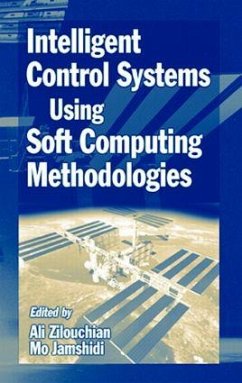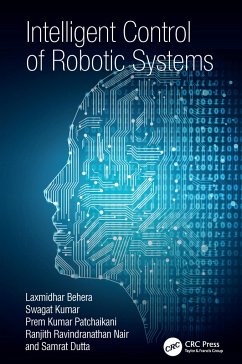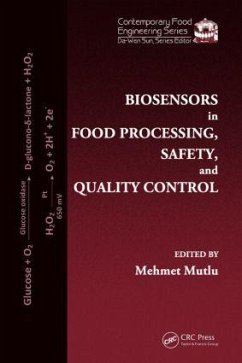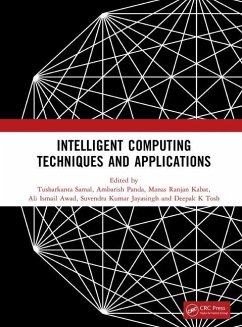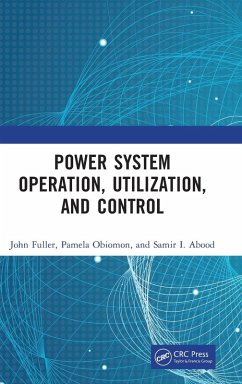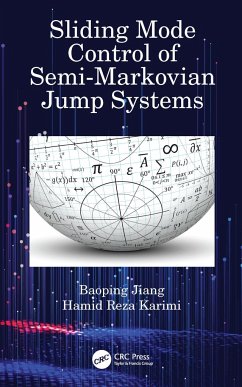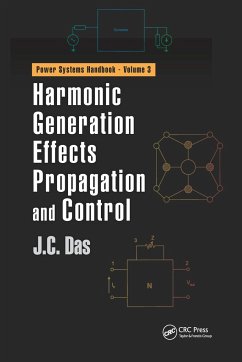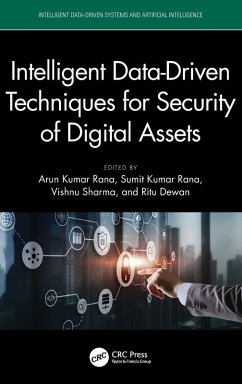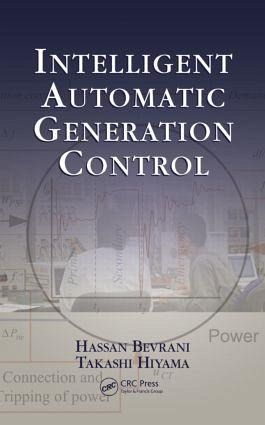
Intelligent Automatic Generation Control

PAYBACK Punkte
116 °P sammeln!
Automatic generation control (AGC) is one of the most important control problems in the design and operation of interconnected power systems. Its significance continues to grow as a result of several factors: the changing structure and increasing size, complexity, and functionality of power systems, the rapid emergence (and uncertainty) of renewable energy sources, developments in power generation/consumption technologies, and environmental constraints. Delving into the fundamentals of power system AGC, Intelligent Automatic Generation Control explores ways to make the infrastructures of tomor...
Automatic generation control (AGC) is one of the most important control problems in the design and operation of interconnected power systems. Its significance continues to grow as a result of several factors: the changing structure and increasing size, complexity, and functionality of power systems, the rapid emergence (and uncertainty) of renewable energy sources, developments in power generation/consumption technologies, and environmental constraints. Delving into the fundamentals of power system AGC, Intelligent Automatic Generation Control explores ways to make the infrastructures of tomorrow smarter and more flexible. These frameworks must be able to handle complex multi-objective regulation optimization problems, and they must be highly diversified in terms of policies, control strategies, and wide distribution in demand and supply sources-all via an intelligent scheme. The core of such intelligent systems should be based on efficient, adaptable algorithms, advanced information technology, and fast communication devices to ensure that the AGC systems can maintain generation-load balance following serious disturbances. This book addresses several new schemes using intelligent control techniques for simultaneous minimization of system frequency deviation and tie-line power changes, which is required for successful operation of interconnected power systems. It also concentrates on physical and engineering aspects and examines several developed control strategies using real-time simulations. This reference will prove useful for engineers and operators in power system planning and operation, as well as academic researchers and students in field of electrical engineering.



